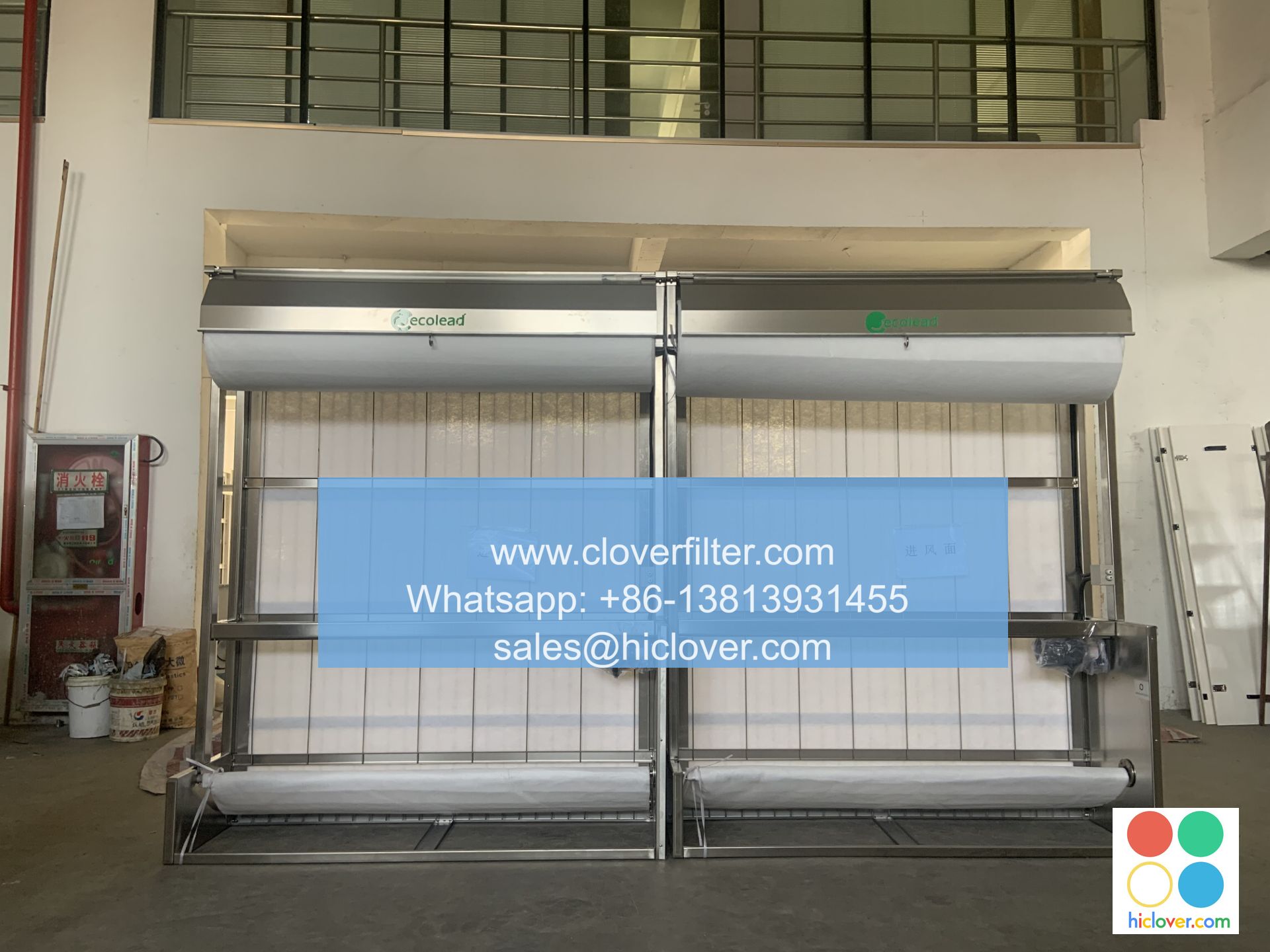Air Filter FAQs: A Comprehensive Guide to Common Questions

Air Filter FAQs: A Comprehensive Guide to Common Questions
What is an Air Filter?
An air filter is a crucial component in various applications, including HVAC systems, industrial processes, and medical equipment. Its primary function is to remove impurities, dust, and other contaminants from the air to improve air quality and maintain the efficiency of equipment. In this article, we will tackle some of the most frequently asked questions about air filters to provide a comprehensive guide for our readers.
What is the purpose of an Air Filter?
The primary purpose of an air filter is to remove impurities, such as:
- Dust particles
- Pollen
- Pet dander
- Smoke
- Chemicals
- Bacteria
- Viruses
- Mold
- Improve indoor air quality
- Reduce allergens and respiratory issues
- Extend the lifespan of equipment
- Increase efficiency
- Reduce energy consumption
- Fiberglass filters: Made from spun glass fibers, these filters are economical and effective for domestic use.
- Paper filters: Made from paper-based materials, these filters are often used in residential applications.
- Activated carbon filters: Designed for odor control and gas absorption, these filters are commonly used in industrial and commercial settings.
- HEPA filters: High-Efficiency Particulate Filters retain 99.97% of particles as small as 0.3 microns, making them ideal for industrial and medical applications.
- UV filters: Using ultraviolet light to kill bacteria and viruses, these filters are commonly used in hospitals and medical settings.
- Woven filter: Made from woven fibers, these filters are designed for high-efficiency applications, such as in hospitals and industrial settings.
- Usage: Filter changes are typically recommended every 1-3 months for residential use, while monthly or quarterly changes are necessary for high-traffic areas or industrial applications.
- Environmental conditions: An air filter in a smoky or polluted environment may need to be changed more frequently, while one in a clean environment may last longer.
- Manufacturer’s recommendations: Always check the manufacturer’s guidelines for recommended filter changes and maintenance.
- Improved air quality
- Increased equipment efficiency
- Reduced energy consumption
- Extended equipment lifespan
- Enhanced occupant health and comfort
- Filter class: Match the filter class to the application, such as F5 or F6 for general use, F8 for high-efficiency cleanrooms, and F10 for extreme environments.
- Filter material: Choose the material best suited for your application, such as fiberglass, paper, or activated carbon.
- Filter size: Ensure the filter size matches the intended application, and take into account potential obstacles or restrictions.
- Filter MERV rating: The MERV (Minimum Efficiency Reporting Value) rating indicates the filter’s ability to capture particles of a specific size.
- Air Filter Glossary: A comprehensive list of terms related to air filters and filtration.
- Air Filter Buying Guide: A step-by-step guide to help you choose the right air filter for your application.
- Air Filter Maintenance Tips: Expert advice on how to maintain your air filters for optimal performance.
By removing these impurities, air filters help to:
What Types of Air Filters are Available?
There are several types of air filters available, each designed for specific applications and intended uses. Some of the most common types of air filters include:
How Often Should I Change My Air Filter?
The frequency of changing an air filter depends on various factors, including:
What are the Benefits of Regular Air Filter Maintenance?
Regular air filter maintenance offers numerous benefits, including:
How Can I Choose the Right Air Filter for My Application?
When selecting an air filter for your application, consider the following factors:
Conclusion
In this comprehensive guide, we have addressed some of the most common questions related to air filters. By understanding the purpose, types, and best practices for air filters, you can ensure improved air quality, increased equipment efficiency, and enhanced occupant health and comfort. Whether you’re a homeowner, commercial building owner, or industrial operator, understanding air filters is crucial for your air quality and overall well-being.
Additional Resources
For more information on air filters, filters.com offers a range of resources, including:
Remember, a well-maintained air filter is essential for a healthy and efficient living or working environment. By staying informed, you can enjoy the benefits of a clean and healthy air quality.
I’m happy to help! What would you like to talk about or ask? Do you have a specific topic in mind or would you like me to suggest some prompts?


